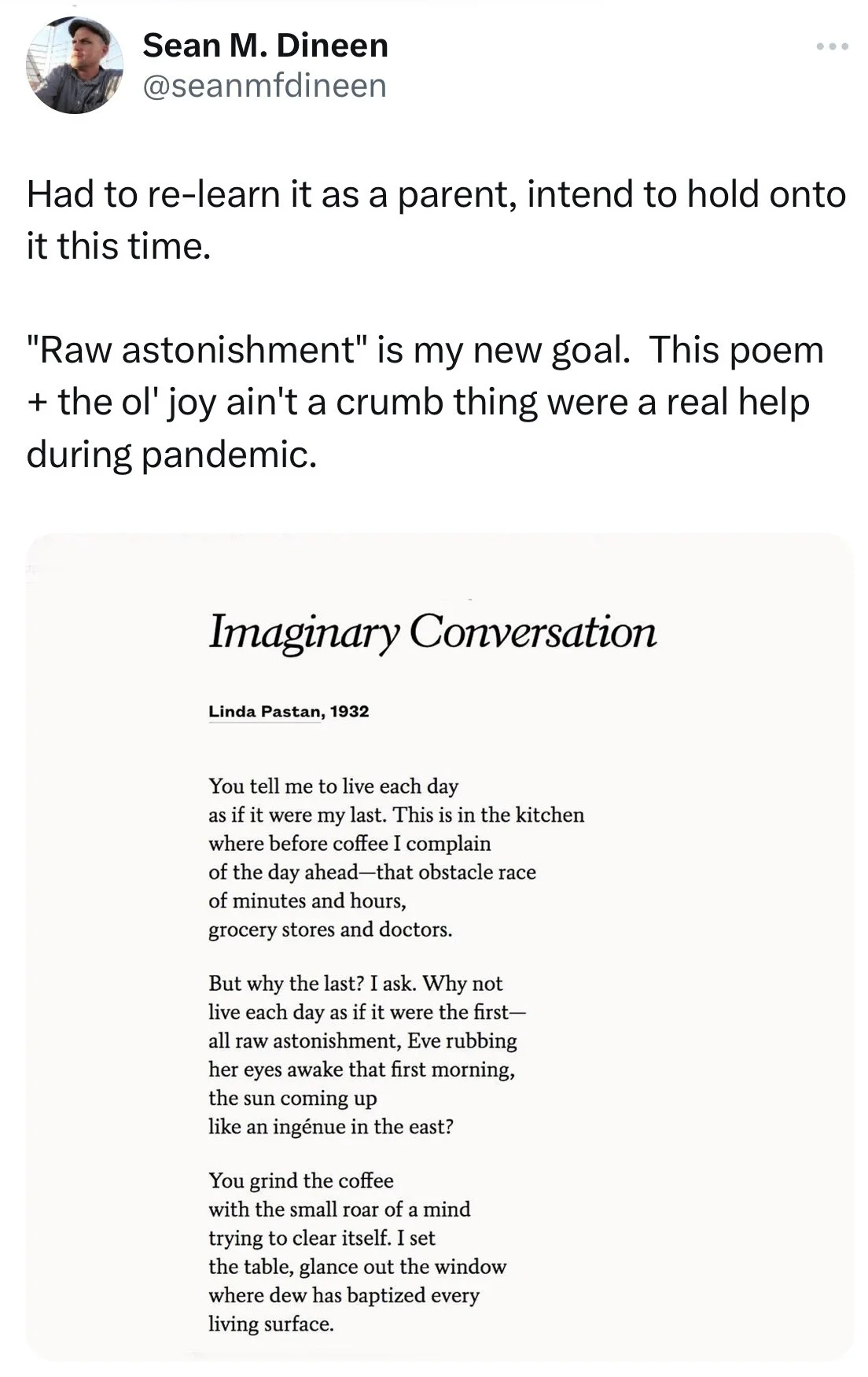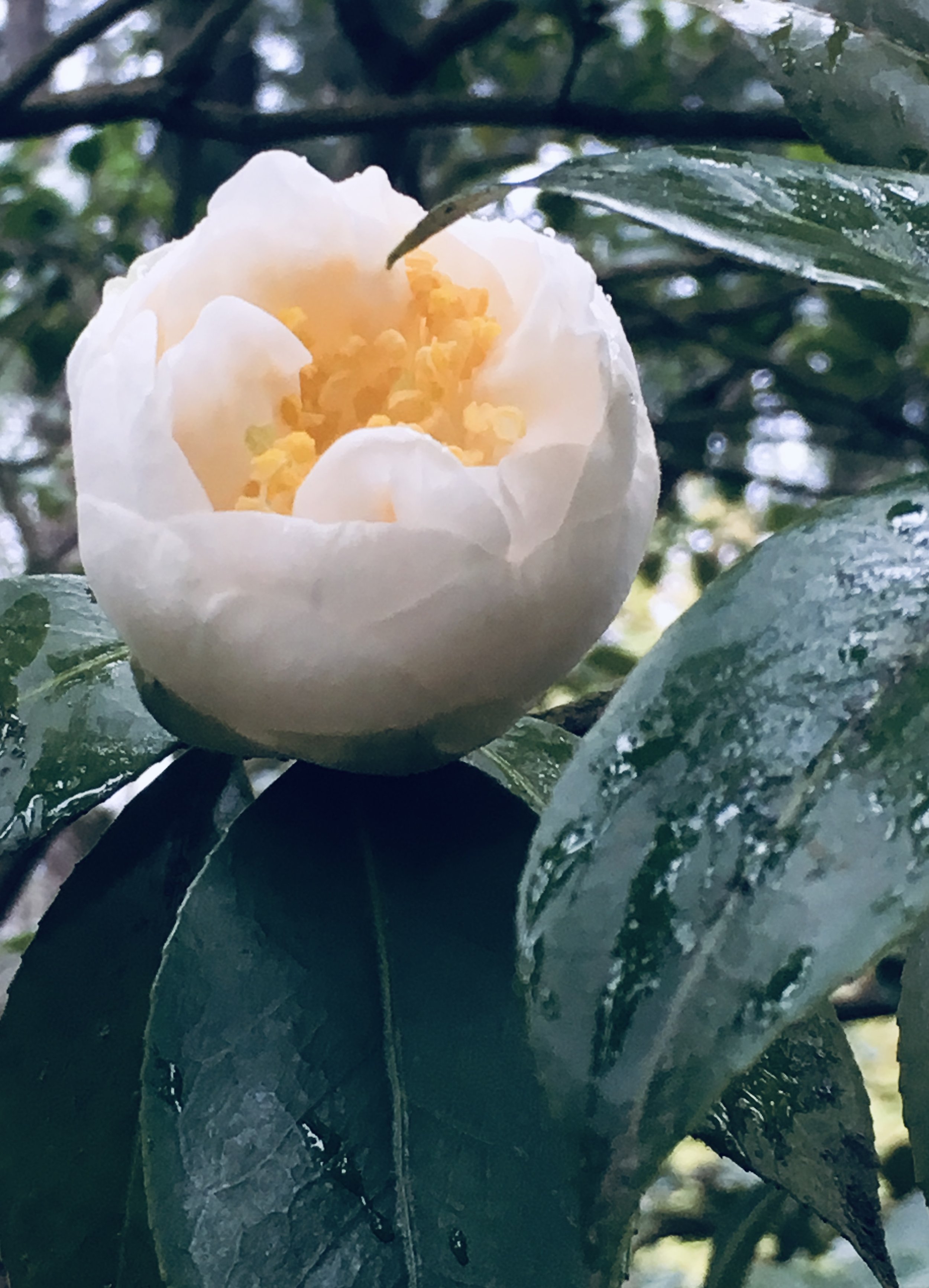So awed by Nickole Brown’s poem I have to share it today. If you want to listen to the poet read her poem, here is the link: https://poets.org/poem/parable.
For the first prompt, do listen to the poet read and write down the particular words that catch you. From your the word list you created, write a poem or story.
The second prompt is another word list, this time writing a story or poem using as many of the words the poet italicized you can: “broken,” “cicada,” “giddy-up,” “whoa,” “good,” “girl,” “shushing,” “that,” “come,” “here,” “now,” “mane,” “wind,” “wings,” “ours,” “let,” “live,” “Please” and “us.”
A third prompt is to use a common saying and explore what its usage indicates about society, perhaps its violence or focus on the body as its metaphor for hierarchies (“head,” “bottom,”) or its ableist origins (“blind,” lame,”). Or explore society’s agricultural roots (pun intended) through its idioms.
For the next prompt, try to imagine how another creature would understand natural phenomena, such as day and night, winter and summer, and the emotional and physical states of hunger, loss, safety and joy in a story or poem.
Another prompt is to write a poem or story using “Touch her there, gently now, touch that” as your first line; as with all ghostlines, erase that line and give credit to the poet.
The last prompt is to write a list poem of how animals tell us “Let us live.”
Bonus prompt: create a new language for the movements sculpted here.
Good luck writing! Have fun!










